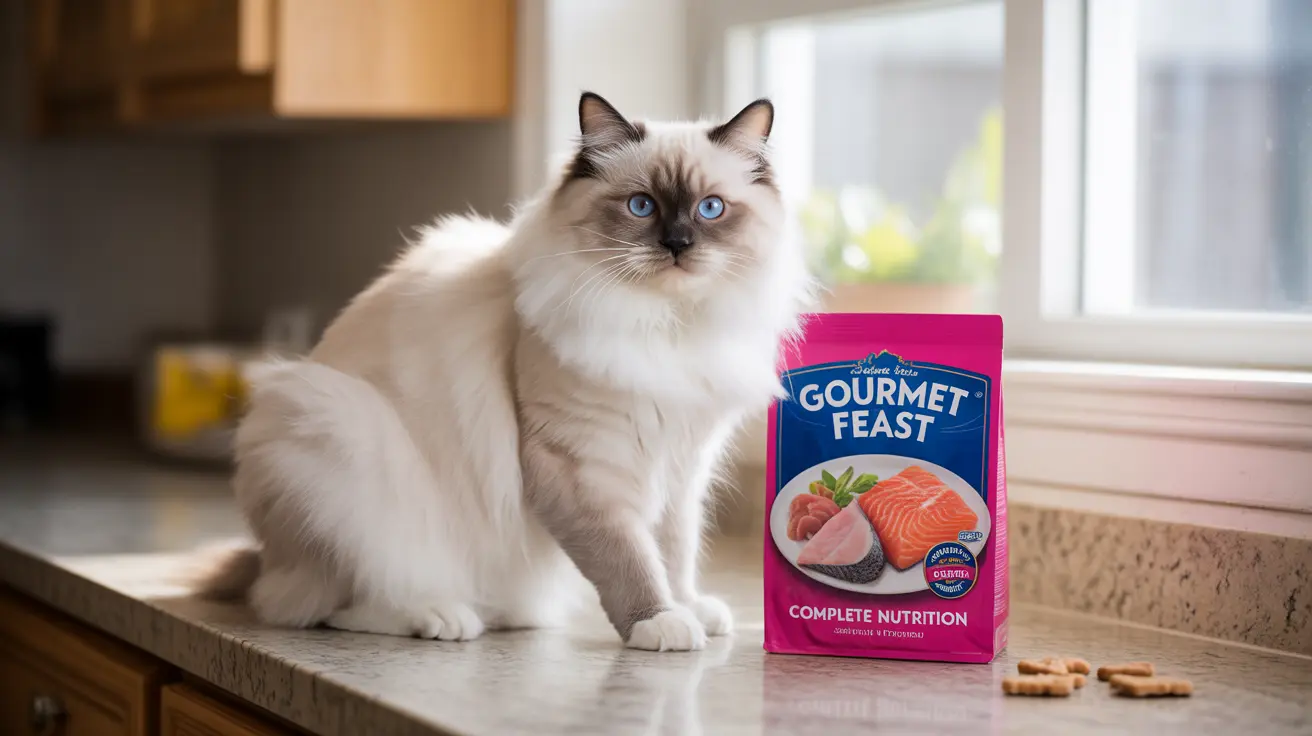When it comes to your pet's health and well-being, choosing the right food is one of the most important decisions you'll make. With countless options available in the market, it's crucial to know what questions to ask pet food manufacturers to ensure you're providing optimal nutrition for your furry friend.
In this comprehensive guide, we'll explore the essential questions you should ask pet food companies and why these inquiries are vital for your pet's health. We'll also help you understand how to evaluate manufacturers' responses to make informed decisions about your pet's nutrition.
Key Questions for Pet Food Manufacturers
Nutritional Expertise and Formulation
One of the first and most crucial questions to ask is whether the company employs a full-time qualified veterinary nutritionist. This professional should have credentials such as Board Certification in Veterinary Nutrition or a Ph.D. in Animal Nutrition. Their expertise ensures that pet food formulations are based on sound scientific principles rather than marketing trends.
Additionally, inquire about who specifically formulates their diets. Some companies outsource this crucial task to third parties, which can impact quality control and nutritional consistency.
Quality Control and Manufacturing Standards
Understanding a manufacturer's quality control processes is essential for ensuring pet food safety. Ask about:
- Ingredient sourcing and validation procedures
- Testing protocols for finished products
- Toxicology and bacteriology screening methods
- Packaging integrity and shelf-life testing
- Manufacturing location and facility ownership
Research and Transparency
Reputable pet food companies should be able to provide comprehensive information about their products' nutritional content and research backing. Look for manufacturers who:
- Conduct and publish product-specific research
- Perform feeding trials to confirm nutritional adequacy
- Provide detailed nutrient analyses beyond basic guaranteed analysis
- Offer clear communication channels for consumer questions
Understanding Pet Food Labels and Standards
Pet food labels must meet specific regulatory requirements, including:
- Guaranteed analysis of protein, fat, fiber, and moisture content
- Complete ingredient list in order of weight
- Nutritional adequacy statement
- Feeding guidelines and caloric content
Monitoring Your Pet's Response
After selecting a pet food, it's important to monitor your pet's response to the diet. Watch for:
- Consistent energy levels
- Healthy coat condition
- Appropriate weight maintenance
- Normal digestive function
- Overall vitality and wellness
Frequently Asked Questions
What should I look for in a high-quality pet food to support my pet's health and nutrition?
Look for pet foods from manufacturers who employ qualified veterinary nutritionists, conduct feeding trials, and maintain strict quality control measures. The food should meet AAFCO guidelines and provide complete nutritional information, including detailed nutrient analyses.
How can I check if my pet food brand uses a qualified veterinary nutritionist for product formulation?
Contact the manufacturer directly and ask about their nutrition team's credentials. Reputable companies should readily provide information about their veterinary nutritionists' qualifications and role in product development.
Why is ingredient transparency important in pet food, and how can I find trustworthy information from manufacturers?
Ingredient transparency allows you to make informed decisions about your pet's nutrition. Request detailed nutrient analyses, ingredient sourcing information, and quality control documentation from manufacturers. Trustworthy companies will readily share this information.
What are the key standards and regulations pet food must meet for safety and nutritional adequacy?
Pet foods must meet AAFCO or similar regulatory guidelines for nutritional adequacy, ingredient safety, and labeling requirements. They should also follow Current Good Manufacturing Practices (cGMPs) and maintain rigorous quality control protocols.
How do I interpret pet food labels and nutrient analysis to make informed decisions about my pet's diet?
Look beyond the basic guaranteed analysis to understand complete nutrient profiles. Pay attention to the nutritional adequacy statement, caloric content, and ingredient quality. Consider consulting with your veterinarian to help interpret this information for your pet's specific needs.
Remember, choosing the right pet food is an ongoing process that requires regular evaluation and adjustment based on your pet's changing needs. Don't hesitate to ask manufacturers these important questions – their willingness to provide detailed answers can be a strong indicator of their commitment to pet health and nutrition.






